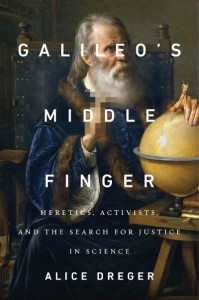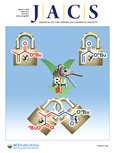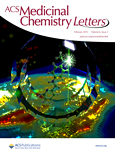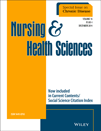 We’re pleased to introduce readers to Alice Dreger, a historian of science and medicine at the Medical Humanities and Bioethics Program in Northwestern University’s Feinberg School of Medicine. Her new book is “Galileo’s Middle Finger: Heretics, Activists, and the Search for Justice in Science,” out this week from Penguin Press. Read to the end for a chance to win a free copy.
We’re pleased to introduce readers to Alice Dreger, a historian of science and medicine at the Medical Humanities and Bioethics Program in Northwestern University’s Feinberg School of Medicine. Her new book is “Galileo’s Middle Finger: Heretics, Activists, and the Search for Justice in Science,” out this week from Penguin Press. Read to the end for a chance to win a free copy.
The good news: Policy makers and the public seem to be increasingly taking scientific research seriously. The bad news? People who don’t like researchers’ findings seem to be increasingly coming after researchers and their universities. And some of those people are powerful.
Technically, your university is supposed to protect your academic freedom. In my own university’s faculty handbook, academic freedom is the first topic discussed. But as I’ve learned from my own personal experiences, as well as from eight years studying the experiences of other researchers who have gotten into political hot water, your administration may not always have your back. Continue reading Yes, we are seeing more attacks on academic freedom: guest post by historian of science and medicine







